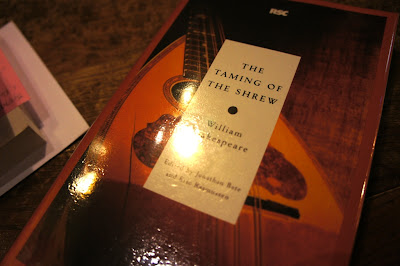Today, my mind, for some inexplicable reason, is centering on the actor Timothée Chalamet. I guess it probably has been triggered after reading that he's going to play Paul Atreides in another Dune big screen adaptation. Now I've yet to make a Dune movie that I like, maybe because I have high expectations of it every time. When your favorite science fiction read is translated to another format, you just brace yourself that they don't eff it up. I'm pretty much sure the 1984 David Lynch film effed it up, big time. With the one being made by Denis Villeneuve though, I am so in. Like I'll pay all the seats in one screening just to have the theater to myself. And it all has to do with Timothée Chalamet, who I think is perfect for the role.
TC slayed it in Call Me by Your Name. I've never seen an actor play a role both with vulnerability and intensity at the same time. And that dreamboat Armie Hammer? Just wrap him up in a brown paper package and send him to me please. I've been practicing speaking in that deeply seductive AH voice, but all it gives me is a lot of wheezing and more asthma attacks. The same with imitating TC's stare-that-says-more-than-a-thousand-words in front of a mirror. I just scare myself. Aieeee, those two, they'll be the death of me.
Interestingly, unlike Dune, I found Call Me by Your Name, well, one of the most boring things that I've ever read. Oy, the phone book would be a much more engaging read than this novel. Ennui rules its pages, and its ennui the reader gets. The novel does have many quotable lines which fortunately find their way into the brilliant adaptation by Luca Guadagnino. I found the movie charming, heartbreaking, and suspenseful, a combination that is as common as wearing plaid pants with a striped shirt. I felt for Elio, the character played by TC. I felt his doubt in approaching Oliver, AH's character, and telling him his feelings. I felt his euphoria at having the opportunity to indulge his fantasy even for a few days. I felt his spirit trampled on when he heard of Oliver's engagement through a phone call, the most prosaic of all things.
TC slayed it in Call Me by Your Name. I've never seen an actor play a role both with vulnerability and intensity at the same time. And that dreamboat Armie Hammer? Just wrap him up in a brown paper package and send him to me please. I've been practicing speaking in that deeply seductive AH voice, but all it gives me is a lot of wheezing and more asthma attacks. The same with imitating TC's stare-that-says-more-than-a-thousand-words in front of a mirror. I just scare myself. Aieeee, those two, they'll be the death of me.
Interestingly, unlike Dune, I found Call Me by Your Name, well, one of the most boring things that I've ever read. Oy, the phone book would be a much more engaging read than this novel. Ennui rules its pages, and its ennui the reader gets. The novel does have many quotable lines which fortunately find their way into the brilliant adaptation by Luca Guadagnino. I found the movie charming, heartbreaking, and suspenseful, a combination that is as common as wearing plaid pants with a striped shirt. I felt for Elio, the character played by TC. I felt his doubt in approaching Oliver, AH's character, and telling him his feelings. I felt his euphoria at having the opportunity to indulge his fantasy even for a few days. I felt his spirit trampled on when he heard of Oliver's engagement through a phone call, the most prosaic of all things.
 |
| My favorite quote from Call Me by Your Name |
“If there is pain, nurse it, and if there is a flame, don't snuff it out, don't be brutal with it. Withdrawal can be a terrible thing when it keeps us awake at night, and watching others forget us sooner than we'd want to be forgotten is no better. We rip out so much of ourselves to be cured of things faster than we should that we go bankrupt by the age of thirty and have less to offer each time we start with someone new. But to feel nothing so as not to feel anything - what a waste!”I guess Call Me by Your Name speaks to the romantic in me. Gone are the days when you can talk to your family members about Conrad's Heart of Darkness. Transcribing music as a pastime has become unheard of. I'd long for a summer where you'll meet a handsome intellectual and just sweep you off your feet, without having to Instagram it.




































